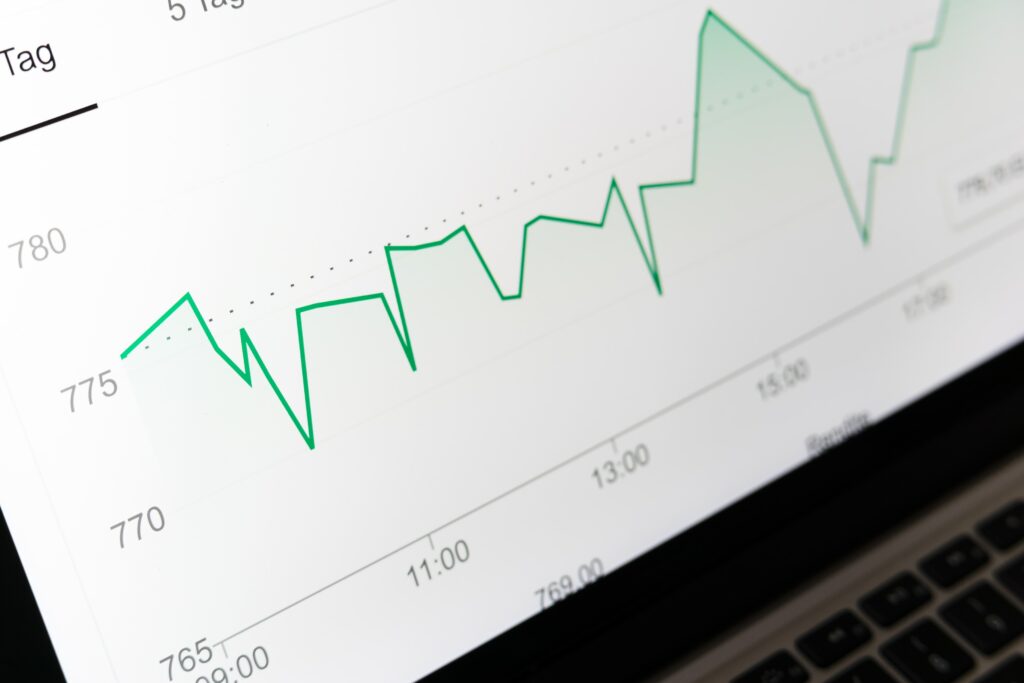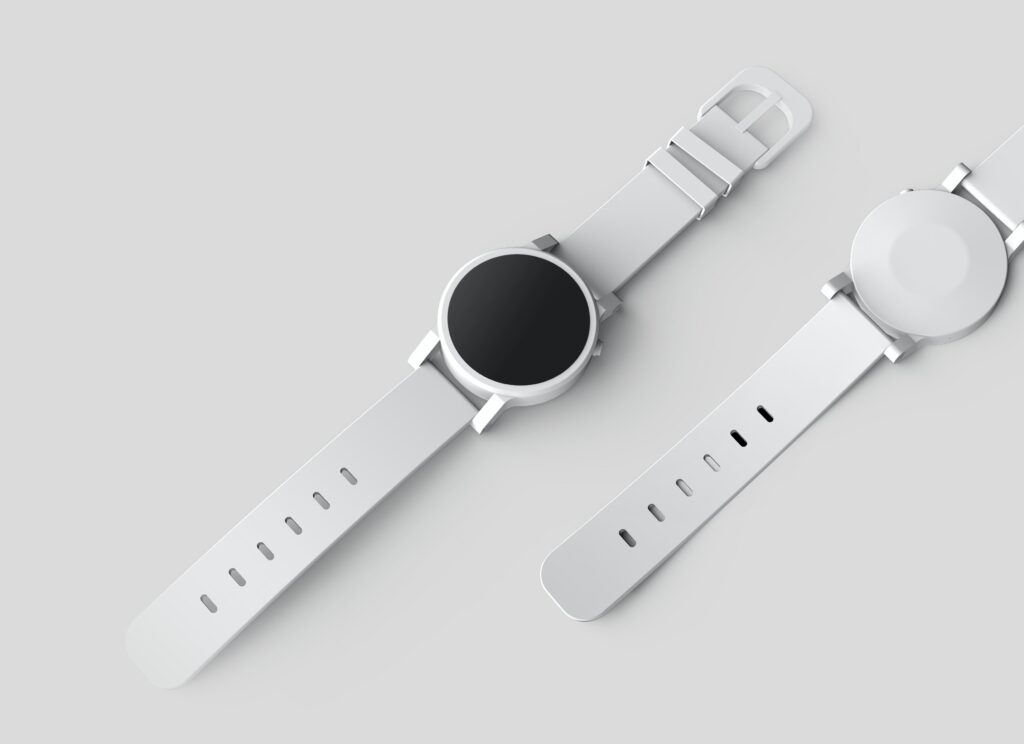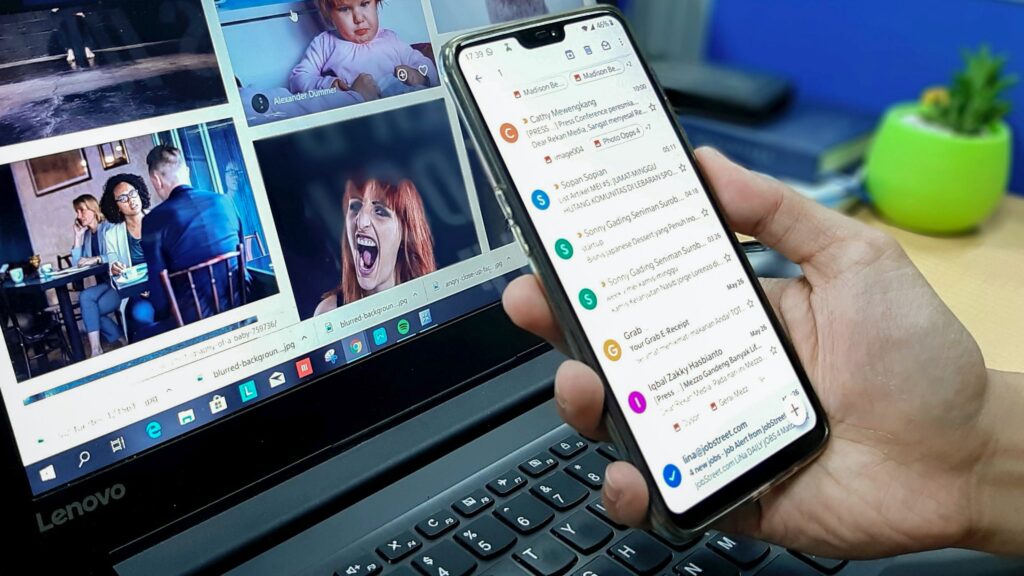Organic traffic has huge benefits for your business. Not only does it help build your brand’s reputation and market share, but it can also save you money by not having to pay for ads to help get your name out there.
When you consider that 43% of all e-commerce traffic comes from organic searches too, you can quickly see how important it is to make sure your website can be found. SEO (search engine optimization) can be confusing for a lot of e-commerce business owners. With “experts” talking about how difficult it is and how you should definitely hire someone to help you – it’s understandable why business owners outsource a lot of SEO practices.
However, there are some things you can do for yourself that can actually have quite a big impact on the SEO rating your e-commerce website has. While some things take a bit of time and effort, it can be well worth it in the long run when you start seeing big increases in your organic traffic numbers.
Keyword Research is the Most Important Thing
Keyword research is effectively the foundation of all your SEO efforts. Without doing proper keyword research, it’s unlikely that you will be able to increase the position your website appears in search results.
What keyword research does is highlight to you what your potential customers are searching for and gives you words and phrases your website needs to be ranking for. For example, let’s say you’re running an e-commerce store selling hoodies. If your keyword research shows that thousands of people in your search area are doing Google searches for “best green hoodies”, it makes sense that creating content using the phrase “best green hoodies” could help get your site some organic traffic.
There are actually 4 different types of keywords. Each one has a different intent so knowing the type you want to use is important in your research.
Informational keywords are the search terms people use when they want to find out specific information. These don’t tend to lead to traffic reaching your website but they can be very useful for brand awareness. The more your business name is seen, the more likely it is that people will remember you and visit your store in the future. Examples of informational keywords include things like “is coffee good for you?” “How many calories in a cup of coffee?”.
Navigational Keywords are used when people know the website they want to visit but they want a specific page of the site. Examples could be “your business name blog”, and “your business name + specific product”.
Commercial keywords are those used by people wanting to find out more about a specific product or service. Keywords could include things like “iPhone reviews”.
Transactional keywords are those words that imply the person searching for them wants to buy something and is ready to go through the buying process. Terms such as “buy green hoodies online” and “hoodies for sale” are examples of transactional keywords.
Reduce Page Loading Times
Customers want to find what they are looking for as quickly as possible. Slow websites can cause a lot of frustration and can significantly increase your bounce rate. In fact, 53% of mobile site visits are abandoned if pages take longer than 3 seconds to load. That’s a potentially huge number of people leaving a website within the first 3 seconds of finding it.
If you think about how many pages have to load for a customer to find your website through a Google search and actually complete the checkout process, if each one takes a long time to load, the chances are the customer will go elsewhere.
To keep your page loading times down, you might want to think about caching your web pages as this can increase the speed of your website quite significantly. Images can also slow things down if they are not correctly optimized.
You might also want to think about the hosting provider you’re using. Some providers are better than others when it comes to site speeds so this could be a relatively easy way of keeping loading times down.
Product Pages Should Be a Priority
While having your website show up in organic searches is important, the actual pages that show up are even more important. As an e-commerce business, your product pages are the ones that will be making you money so these need to be showing up more than any other.
To help your product pages rank well it’s usually a good idea to write effective product descriptions that fully explain the features, design, and main selling points of the item. Including optimized images and videos can also be very useful for improving the ranking of your product pages.
Quality Link Building Makes a Difference
Building quality links to your site can have a much bigger impact on your traffic than you might think. Link building can be the difference between your competitors ranking higher than you or you outranking them in search results.
Having other websites link to your site is obviously beneficial to you. However, you do need to be careful about where these links come from. For example, the hoodie selling business we mentioned earlier would benefit from links from authoritative fashion blogs but not from a random music blog.
Links work best from relevant authoritative websites that hold a lot of market share in your industry.
User Experience is Important
Imagine putting a lot of time and effort into improving your site’s SEO, getting more organic traffic than you’ve ever had, only for the majority of visitors to leave without buying anything because the experience of being on your website was not a good one.
Your site should be as user-friendly as possible to encourage people to stick around and make a purchase. Allowing customers to check out as guests without making an account can be one way of doing this. Some people want to check out as quickly as possible. Creating an account can add extra time to the buying process which might be enough for a customer to abandon their checkout.
Also making sure your URLs are neat and clear can help give your site a professional and more trustworthy appearance. For example, having lots of numbers and letters at the end of a URL can make it seem like your website is amateurish and unprofessional. Having short, accurate URLs gives off a much more professional and trusting image of your business.
Use Internal Linking Wisely
Internal links are links on your web pages that link to other pages on your website. These are not only useful for customers, as they are able to move around your site in the way they want to, but it’s also useful for SEO as search engines can learn that certain pages are linked so are likely to be relevant for the same or similar keywords.
One of the most important things about internal linking is the anchor text you use for each link. Your anchor text needs to be relevant to the page you’re linking to and it needs to give a clear explanation of what will be found on the linked page. For example, anchor text of “red hoodies” should link to a page about red hoodies. Using incorrect anchor text can impact user experience and SEO ranking so it’s an important thing to get right.
Internal linking is particularly useful if your website has a blog. Blog posts are great for SEO purposes and can help get a lot of traffic to your site. If there are good internal links in each of your blog posts, you could quite easily encourage someone who’s reading one of your blog posts onto a product page and ultimately into making a purchase.
Product Details and Reviews Can Help
The product descriptions you write for each of the items you sell on your website will likely be one of the biggest deciding factors as to whether a customer makes a purchase or not. They will also play a big part in how your site appears in search results and also how well ranked they are.
Usually, if someone searches for a specific product, a short snippet of the product description will appear from the highest-ranked websites. If your snippet doesn’t make your product sound like it’s exactly what the customer wants, they probably won’t bother to click the link and visit your product page.
Another aspect of product pages that can have an impact on SEO is customer reviews. If you allow your customers to leave reviews of products they’ve purchased from your website, this can help encourage others to buy them too.
In the short snippets Google displays in search results for a specific product, if the number of reviews is displayed with a star rating of the average score received from customers, this can go a long way in convincing a potential customer that your website, your products, and your overall service are trustworthy.
Although asking customers to leave a review after they make a purchase might seem like it’s exclusively aimed at improving customer service, it can actually help with SEO too. Customer reviews are highly valuable for your business so they should be sought as often as possible.













